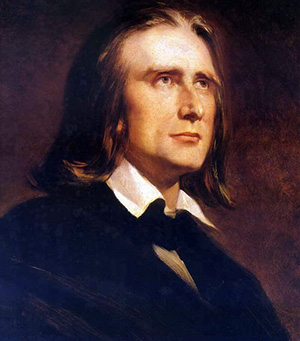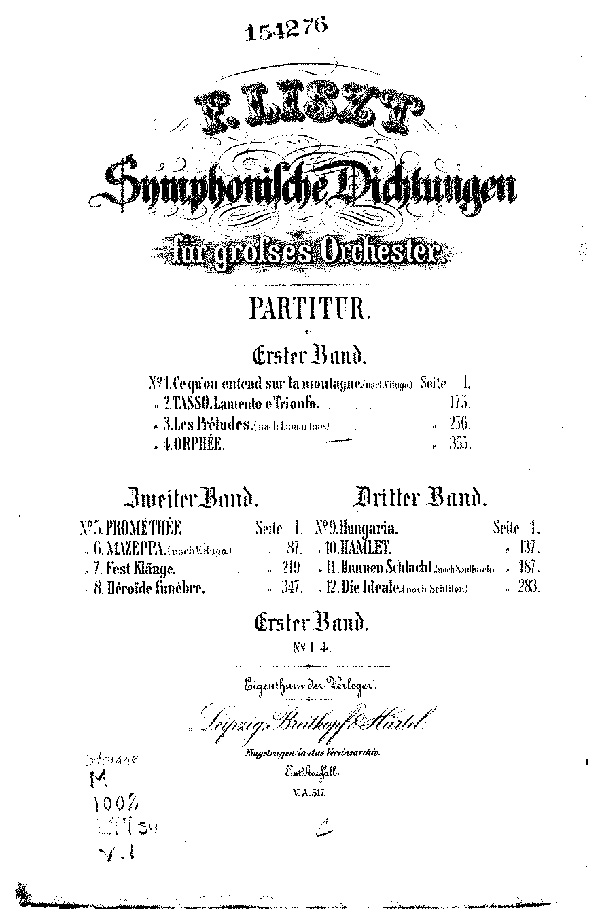
LISZT: THE VIRTUOSO-COMPOSER
Lecturer of Piano at the Sydney Conservatorium of music, Scott Davie on why Franz Liszt was one of the most remarkable personages of the 19th century.
The enormous fame that Franz Liszt achieved as a virtuoso pianist during his life, and through reputation in the years after his death, led many to underestimate his importance as a composer.

Arguably, the very essence of virtuosity – its perceived ‘showiness’ – stands opposed to the substantiality expected of significant composers. Yet in both categories, Liszt was one of the most remarkable personages of the 19th century.
Liszt’s career is customarily divided into two phases. In his early years he received acclaim for his gifts at the piano, and from 1832 he toured extensively, earning plaudits from critics and adulation from the public.
In 1847, however, he withdrew from the stage, choosing to devote his remaining time to composition. Many of the early pieces composed during his concert career were refined and republished during this period, although other works, such as the hugely innovative Sonata in B minor, were newly composed.
During his later career, Liszt also developed the orchestral genre of Symphonic Poem, a programmatic style of composition which would influence composers of the following generation, such as Richard Strauss. Along with Richard Wagner – with whom his daughter, Cosima, became romantically associated from 1863 – Liszt was viewed as a proponent of the vanguard in music. While the highly chromatic nature of his harmony found disfavour with conservative commentators, in reality it was the direction that future music would take.
Through his teaching, Liszt mentored many of the finest pianists of the ensuing decades, and he remained a tireless advocate for rising composers.
Living long into the latter part of the century, the compositions of his final years often display a stark modernity, such as in the Bagatelle sans tonalité, and the ephemeral Nuages gris. His conscious abandonment of accepted norms in these works, such as traditional tonal hierarchies, reveals a still-keen mind, and he remains one of the first to glimpse the dawn of early 20th century music.
ABOUT THE AUTHOR: SCOTT DAVIE
Scott Davie is a Sydney-based piano soloist and chamber musician and Lecturer of Piano at the Sydney Conservatorium of Music.

Want more? Listen to How Franz Liszt Became The World's First Rock Star on NPR here
You might also be interested in
-
-
-
Explore the program notes in advance

